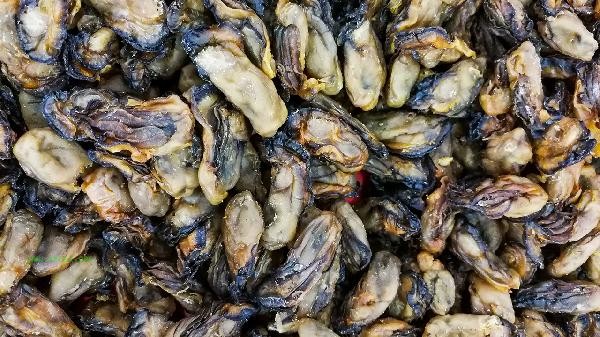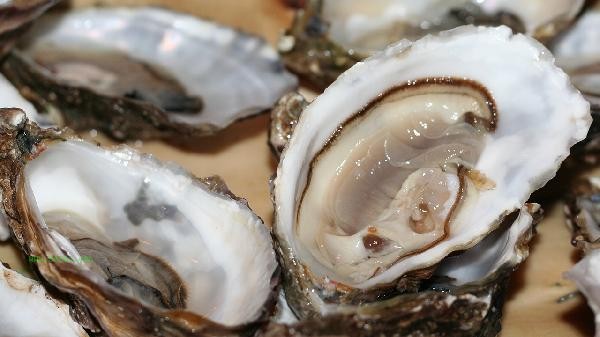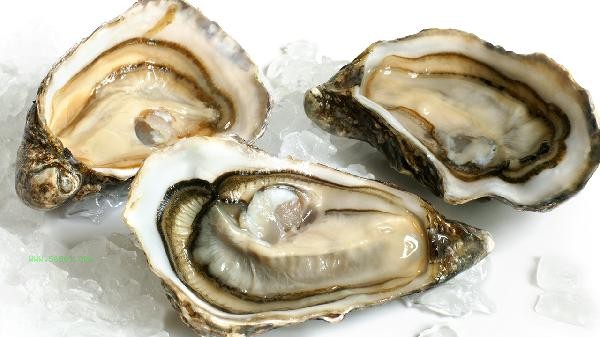Babies generally do not need to eat oyster powder, but in special circumstances, it can be supplemented in moderation. Oyster powder mainly provides minerals such as zinc and iron. Whether to add it should be judged comprehensively based on the baby's dietary structure, nutritional status, and doctor's advice. Healthy full-term babies with a balanced diet usually do not require additional supplementation of oyster powder. Breast milk or formula milk already contains sufficient amounts of zinc, and complementary foods such as red meat, egg yolks, beans, etc. added after 6 months of age can also meet the demand. Excessive intake of zinc may interfere with the absorption of copper and iron, leading to gastrointestinal discomfort or immune abnormalities. Daily nutrition intake can be assessed by observing the baby's growth curve and eating status to determine if it is sufficient. Premature infants, picky eaters, or babies diagnosed with zinc deficiency can use oyster powder under the guidance of a doctor. This type of situation may result in zinc deficiency due to absorption disorders, metabolic abnormalities, or insufficient dietary intake, manifested as decreased appetite, slow wound healing, or recurrent infections. At this time, it is necessary to strictly control the dosage according to medical advice, and prioritize the selection of products that meet the standards for infant and toddler food to avoid the risk of seafood contamination. During the supplementation period, blood zinc levels should be monitored to avoid co administration with calcium supplements that may affect absorption. Parents should prioritize supplementing their babies' nutrition with natural foods. If complementary foods have been added, safer forms such as oyster puree can be tried. If considering the use of nutritional supplements, it is necessary to consult a pediatrician or registered nutritionist and develop a personalized plan based on the physical examination report. At the same time, pay attention to observing the baby's allergic reactions such as rash and diarrhea after consumption, and avoid blindly following the trend to supplement functional foods.











Comments (0)
Leave a Comment
No comments yet
Be the first to share your thoughts!